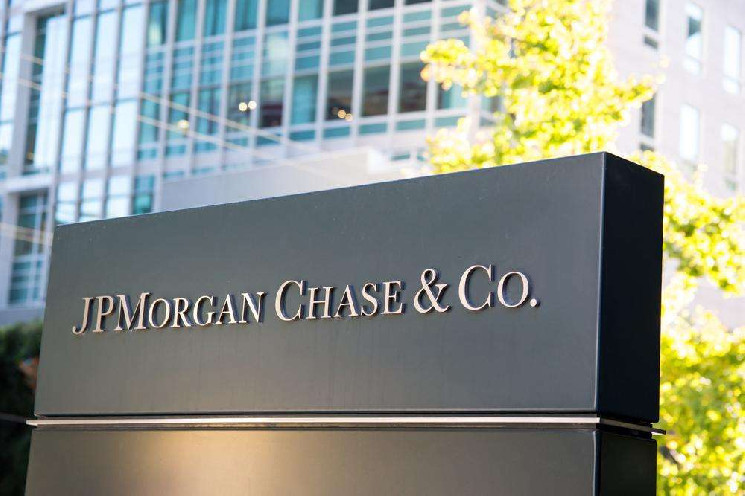- JPMorgan’s Tokenized Collateral Network (TCN) speeds up transactions by instantly moving collateral, potentially transforming the finance industry.
- TCN’s initial focus is on money market funds but aims to expand to various assets, making collateral utilization simpler and faster.
JPMorgan Chase & Co. has achieved a significant milestone in blockchain technology with its Tokenized Collateral Network (TCN) completing its first live transaction. This groundbreaking transaction involving two major financial giants, BlackRock Inc. and Barclays Plc, represents a pivotal moment in adopting blockchain technology for financial processes.
The TCN, developed by JPMorgan, has proven its ability to expedite collateral movements, offering near-instantaneous transfers compared to the traditional day-long process. This efficiency has the potential to unlock capital for use as collateral in ongoing transactions, leading to increased liquidity and transaction speed.
JPMorgan has ambitious plans to expand the scope of TCN, allowing clients to use a broader range of assets as collateral. Beyond money market funds, the bank intends to incorporate equities and fixed-income instruments. This expansion aligns with JPMorgan’s aim to cater to a wider array of collateral requirements across various trading activities.
Blockchain’s Role in Streamlining Collateral Usage
Blockchain proponents argue that the technology can simplify using assets like money-market fund shares as collateral. By eliminating the need to redeem them for cash, transactions become faster, and potential risks during market volatility can be mitigated. This move could have far-reaching effects in reducing operational friction during clearing and margining transactions.
In addition to TCN, JPMorgan operates JPM Coin, a blockchain-based payment system that has processed approximately $300 billion in transactions since its launch. The bank has demonstrated its commitment to exploring blockchain’s potential across various financial applications, including a blockchain-based repo application. Moreover, JPMorgan is actively exploring using a digital deposit token to accelerate cross-border settlements.
JPMorgan’s pioneering venture into blockchain and digital assets is part of a broader industry trend. Competitors such as Goldman Sachs, Banco Santander, and Societe Generale have also embarked on blockchain and digital asset projects. Goldman Sachs, for example, recently unveiled its digital asset platform, enabling clients to issue financial securities as digital assets and collaborate with other institutions for issuing digital bonds using blockchain technology.
Impact and Future Outlook
The successful launch of JPMorgan’s TCN, marked by its first live transaction, signifies a significant moment in the financial industry’s acceptance of blockchain technology. JPMorgan’s pipeline of clients and transactions for TCN suggests a growing interest in blockchain-based solutions.
With faster collateral movements and potential risk reduction during market turbulence, TCN paves the way for more efficient financial transactions. As JPMorgan and its competitors continue to explore blockchain’s potential, the finance industry is on the cusp of a new era where blockchain technology plays a central role in reshaping traditional financial processes.
Chainlink’s Role in Tokenization Industry
In a related development, Chainlink (LINK) has seen a price decline following JPMorgan’s inaugural live transaction. Chainlink has a proven track record and key partnerships with organizations like Swift and Depository Trust Company, making it well-positioned to benefit from the growing interest in tokenization. While JPMorgan’s recent blockchain collateral settlement did not involve Chainlink, its success could potentially encourage more companies to explore tokenization, indirectly benefiting Chainlink in the long run.
